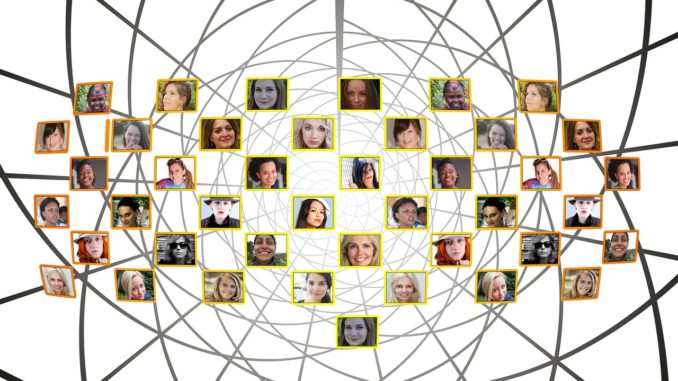
Published in El Pais, 9 March 2019.
On March 8, the International Day for the Rights of Women and International Peace is celebrated. A day established by the United Nations in 1975. This day recalls the struggles of women around the world to achieve the same rights and equality with men at different times in history. So many years passed, and, in many places, this desired equality is still not achieved. The Economic Commission for Latin America and the Caribbean (ECLAC) conducted an study in 2018 in which states that 12 women on average die every day from femicides in Latin America. In this study, it is indicated that the acceptance of violence against women is linked to the culture of machismo. Another study done by Oxfam surveyed young people aged 15 to 25 from eight countries in Latin America and the Caribbean and it was established that 86% of young people would not intervene if a friend hits his girlfriend. This indicates a normalization of violence against women.
In Bolivia it is not different. Unfortunately, every day we hear from our authorities references to women as if they were objects. Recently, a declaration of Cochabamba’s coca grower leader, Leonardo Loza, shows him offering women to the Minister of Mining, César Navarro, so that he stays until late in the afternoon in Chimoré. Don’t we have laws and regulations that protect us from discrimination, trafficking and misogyny? We have all the necessary regulations, but the problem is that nobody complaints when women are treated as an object. The bad treatment is so normalized, violence, harassment, a differentiated payment, that cannot be claimed. The same justice revictimizes those who file a formal complaint. According to UN-Women, Bolivia has a 24% of conjugal violence (physical or sexual), sexual violence without having a partner 4%, child marriage 19%, we are ranked 98 in the index of gender inequality and many other violence problems towards girls and women (18%), traffic (10%), harassment, etc. To change this, we must break paradigms, and this starts in schools with a more inclusive education and with government authorities at all levels changing their behavior and the treatment they give to women. The population copies what they hear and see daily from their top leaders and as long as they have phrases that denote lack of respect or inequality, they will have to continue working towards a real equality. A paradigm shift is required, and education is a great step towards equal rights.
Be the first to comment